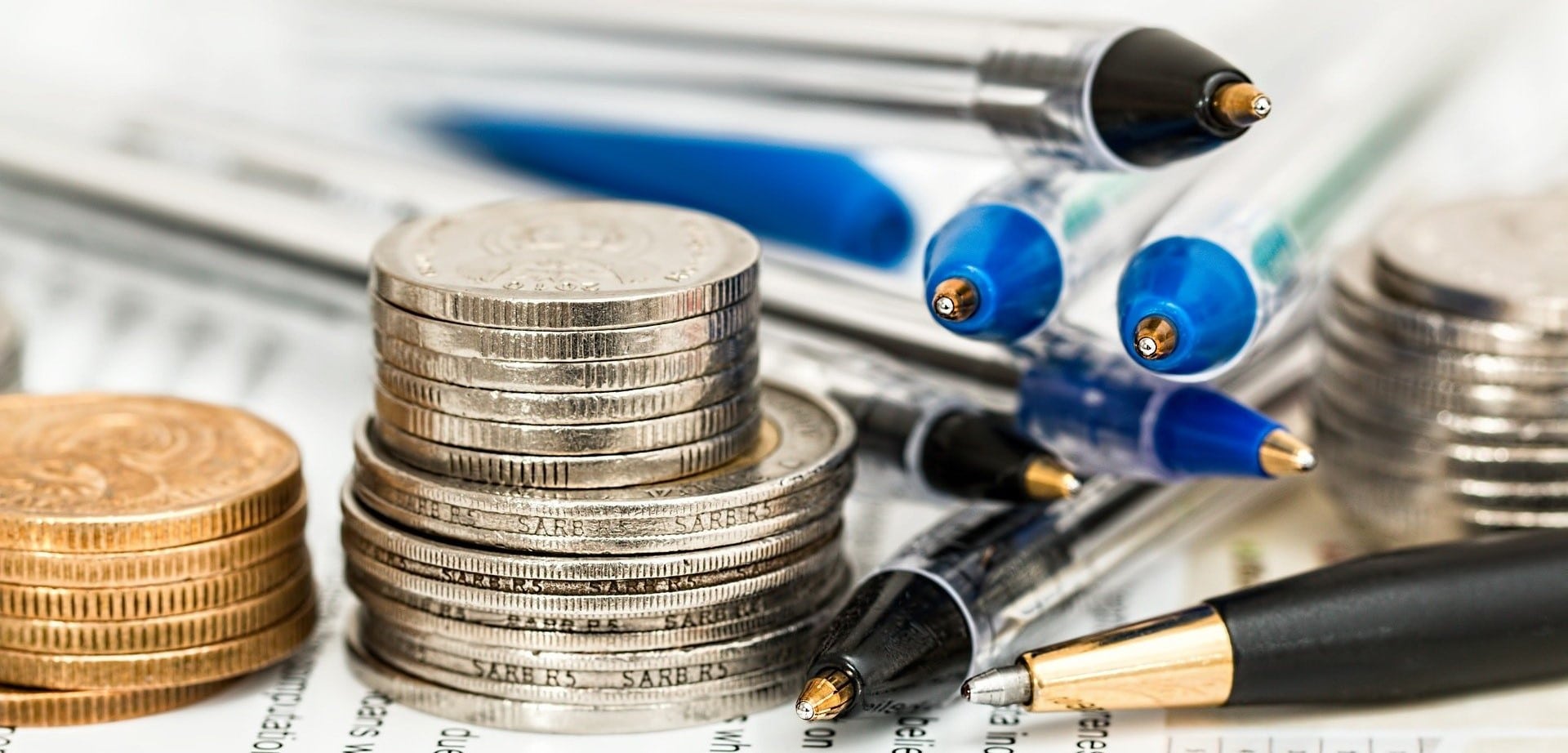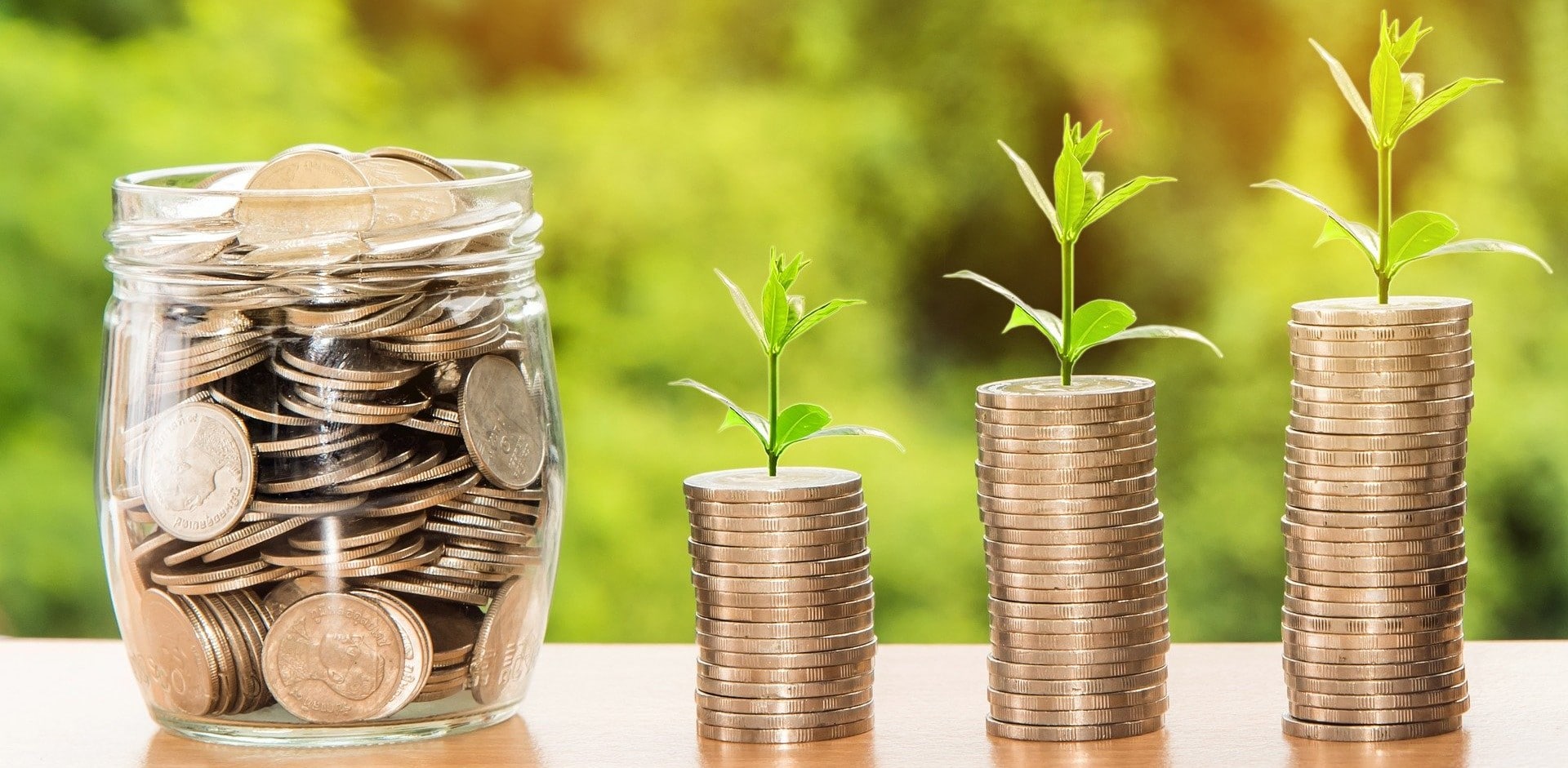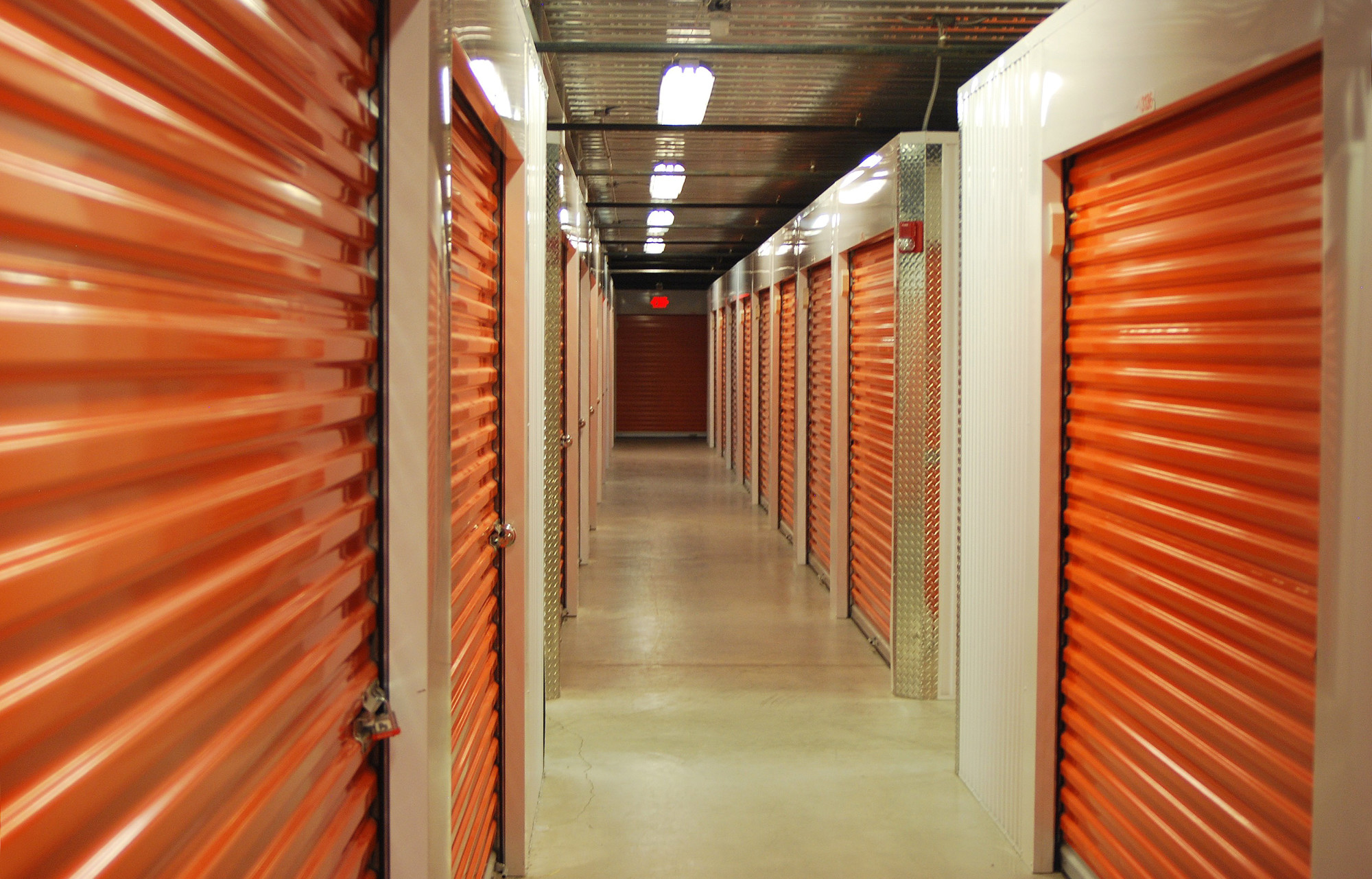This year has been a rollercoaster ride for everyone. You’re not alone in thinking 2020 has been one of the most eventful years we have experienced. Many people are no longer receiving a paycheck. If you are lucky enough to be receiving your normal income and you have extra cash, what should you do with it? Now is a good time to start considering safe and alternative investment approaches in case something like this happens again.
In this guide, we will give you advice on how you should invest to beat the pandemic. While some options can still be risky, many other options can boost your portfolio even amidst this crisis. Keep reading to find out our expert tips on investing to safeguard yourself during COVid-19 and make the biggest profit investments you can.
How Does a Pandemic Affect Investment Strategies?
In early February 2020, stock markets worldwide experienced their biggest decline since the 2008 financial crisis due to increasing worries about the Coronavirus outbreak spreading outside China very quickly. Oil futures also saw their single biggest drop since 2009. On February 27, 2020, stock markets around the world crashed. The Dow Jones Industrial Average lost nearly 2,000 points. Asia-Pacific and European markets posted a 3 to 5% decline.
As you can see, the COVID-19 pandemic created quite an economic downturn early this year. The stock market lost points since many investors quickly removed their stocks to invest in less volatile options. Since those investors removed their money, they needed a new place to put it. Once an influx of people began investing in bonds, the interest rate dropped significantly, but it seems to be on the rise again.
Many other markets are being affected as well, such as the airline, travel, and leisure industry. A global pandemic can affect the whole economy including investment strategies. It is important to remember a few key points for investing during COVID-19.
Things to Consider Before Investing During a Pandemic

What Does Your Current Financial Situation Look Like?
Before you make any investment, you should take a look at your current financial situation. How much money do you have in savings? How much extra income do you have per month? You should keep in mind all of these questions before you decide to make a new investment.
A great way to evaluate your financial situation is to take a look at where your money is going. You should make a list of your assets and liabilities. This will help you determine your net worth. You will also need to calculate your debt to income ratio. It might seem scary on paper but things such as your house are considered investments.
You need to see where you spend most of your money. You should make an expense list and see if perhaps you are spending too much compared to what you earn. Once you figure out where you stand, you can determine how much money you have to invest and your risk tolerance.
What Does Your Emergency Fund Look Like?
You should be prepared in the event of an emergency in more ways than one. We recommend having enough savings to last for about 2 to 6 months. This includes your normal budget and living expenses such as a car payment, mortgage, and groceries to feed your family. Any amount of money in savings is better than nothing. If you can’t put away thousands of dollars, you should at least try to save a little bit every week if possible.
If your emergency fund is not where you want it to be you can still invest, but you might want to make sure you are not investing in risky stocks and bonds. There are always other ways to put your money to work for you.
Should You Consider Holding Cash Instead?
Sometimes it can be advantageous to hold onto cash or cash equivalents instead of investing. One of the many benefits of cash is that it is liquid, so it can be accessed at any time for any purpose. You can easily take out cash to pay for emergencies or car repairs if you need to. You can also hold cash in other ways using cash equivalents such as treasury bills, money market funds, and short-term government bonds.
You might want to hold onto cash so you can have access to liquid funds in case of another pandemic or global crisis. It could be a good idea for people who don’t have a lot of savings and might need access to cash soon.
What is Your Risk Tolerance at This Time?
Risk tolerance is the amount of risk you are willing to take to yield higher returns. If you are an inexperienced investor or your emergency fund is low, then we recommend putting your money into less risky investment options. On the other hand, if you have excess funds and want a bigger payout, then you can look into higher-risk investments.
Your risk tolerance will be determined by how much money you have to invest, your experience, and your investment goals.
How Quickly Do You Need the Money?
One essential question you should ask yourself before investing is what is your time horizon? A time horizon for investing is the amount of time you plan to hold an investment before it is needed. The two main categories are long-term and short-term.
You should consider how quickly you want to make money off a particular investment. If you have enough money to invest in a long-term option, then you might choose to put a down payment on a house. If you are looking for less risky, short-term options, then you might be interested in money market funds. Long-term investments are anything over 3 years. Many new investors will choose short-term investment options since they can help you learn and get started in bigger investment opportunities.
What Is The Best Investment to Make During a Pandemic?
Traditional Real Estate
Investing in real estate has always been a smart move for any investor. Traditional real estate, like single-family homes, is still a good investment even during COVID-19. For example, housing prices are holding steady and mortgage interest rates are at an all-time low. You can finance a home with a low-interest mortgage and hold onto the property for some time until it appreciates. Real estate investment is considered a long-term investment, so it might not be the best option for investors who want a short turnaround time.
Investment experts are predicting a change in the housing market, which will increase equity in homes over time. While the economy is at a low point, you might be able to snatch up homes at reasonable prices. Many homes might be in financial distress, such as foreclosure, so if you have the cash, you might be able to get a great deal.
Commercial Real Estate

You might be wondering, how is commercial real estate a good investment when everyone is working from home? While we agree that traditional office space rentals are on the decline, other business sectors are booming. They still need office or warehouse space to handle their clients. For example, data centers have seen a huge increase in traffic from people spending more time at home working.
More people are shopping online and getting stuff shipped straight from their door. Their inventory must be stored somewhere. It might be a good time to look into warehouses or data center buildings as a great real estate investment strategy. Investors who are looking for long-term investments should take advantage of market shifts towards warehouse and storage buildings.
Self-Storage Investing
This sector of commercial real estate is doing particularly well during the pandemic. The self-storage business thrives off of life changes and sometimes hardships. During the COVID-19 pandemic, self-storage facilities have seen an increase in tenants due to lifestyle changes and downsizing. During the pandemic, many families had to move to smaller apartments or homes, so they needed a place to store their stuff. The self-storage industry is primed to experience growth from 2020 to 2025. Experts are predicting a compound annual growth rate of 134.75% over the 5 years.
Since commercial real estate and land interest rates are at a low, it might be a good time to start considering developing a self-storage facility. It is a good time to use leverage for buying commercial self-storage properties.
Short-Term Rentals
While the travel and leisure sector has been hit hard during the COVID-19 pandemic, it is poised to make an even greater comeback. Since everyone has been stuck at home for months on end, they will be way overdue for a vacation when travel restrictions ease up. Domestic tourism has seen an increase during the pandemic since it is extremely difficult to fly anywhere at the moment.
Short-term vacation rentals are at an all-time low. Vacation home mortgage rates are just as low. It might be a good opportunity to invest in the vacation home of your dreams somewhere nearby to your primary residence. When you are not renting it out, you and your family can enjoy the vacation home to get rid of the COVID-19 pandemic blues. Smart investors are looking at the future for investments that are primed to start booming once life can return to normal again.
Retirement Accounts
Even during a global pandemic, retirement planning should be a priority. Will this global crisis affect the way people plan for retirement? Let’s consider 401 K and IRA accounts. You might be tempted to cash out your retirement accounts, but that may not be the best idea. If you are still employed, we recommend investing more money into your 401 K. However, if you are out of work, it might be better to preserve the money in the account. By investing more money into your retirement account you can defer additional income tax.
If you are privileged enough to have an emergency fund, it is best to draw from there first before tapping into your retirement account. Congress has recently loosened penalties for early withdrawal on retirement accounts, however. You can now withdraw money from a 401 K or IRA penalty and tax-free.
Stocks and Equities
The stock market took a big hit when the Coronavirus pandemic started to spread. It can be a volatile investment strategy even for bullish investors. In our opinion, investing in the stock market might be a great decision for smart investors who can forecast the future of certain stocks and equities.
Some stocks have shown tremendous growth throughout the pandemic. We recommend looking for bargain stocks with companies that are recession-safe. This might include big corporations like Microsoft, Amazon, and Apple. However, these companies can cost a lot of money for investors. You can consider software companies, such as Adobe, which will ride out the pandemic and come out on the other side. Individual stocks in this type of company can help safeguard your portfolio for the future.
Currently, some of the best sectors to invest in are online gaming, fintech, and tech stocks. Since people are staying home more than ever, online gaming and software have seen a huge increase in the past few months. People are taking to online video games to find something to do that doesn’t involve them leaving their home.
Fintech and tech are not going anywhere. Technology stocks are consistently rising despite the economic downturn. With more people working from home, tech companies are gaining in popularity. For example, Zoom, the online video call platform, created a wildly successful business during this pandemic. It is being used in homes throughout the world.
Cryptocurrency
Cryptocurrency has been steadily rising during the global pandemic. Bitcoin has seen a year-to-date increase of 224% with it reaching about $24,000 in December 2020. If you can afford to invest in Bitcoin at the moment, fintech experts are expecting it to continue to rise over the next year.
The rising price of Bitcoin might be due to investors reassessing their portfolios and considering cryptocurrency as a viable haven during the global COVID-19 crisis. Since investing in stocks has been quite risky as of late, investors are considering other options.
Since Bitcoin is capped at 21 million, many investors believe this scarcity will safeguard it from normal inflation. The bottom line is if you have the funds, cryptocurrency might be a good option for long-term investment strategies.
Tips For Investing During the Pandemic
What Should You Do With Your Stimulus Check?
While a stimulus check might not be enough to invest in a blue-chip stock, it is still money that could benefit you in the future. If you don’t need to use your check to make ends meet, then we recommend paying off your credit card. This will help boost your credit score and give you more capital on your credit card for future spending.
You could also put your stimulus check directly into a savings account. Savings accounts sometimes offer a decent interest rate over a period that can earn you a little extra money. A savings account can also prepare you for any future emergencies.
What is Drip-Feeding and is it a Good Idea?
Drip-feeding is putting in small amounts of money at a time into investments rather than a lump sum. This technique is ideal for pandemic investments because it allows you to invest small amounts of money at a time. This can safeguard you against severe market drops. For example, if you invest a small amount of equity into the stock market, you won’t have to worry about losing a ton of money if it takes a dip.
Should You Try to Time the Market?
Timing the market in this uncertain economy can be very difficult. We recommend not trying to run predictive analytics of the stock market or other investment opportunities. The best course of action, at this moment, is to invest in moderation and wait to see how the markets stabilize.
Should You Try to Rearrange Your Portfolio?
If you are a long-term investor with holdings in multiple areas, we recommend keeping your long-term investment goals in mind. Most markets including real estate, stocks, index funds, mutual funds, and cryptocurrency will stabilize shortly. These markets are already on the rise again and will continue to rise throughout the next few years.
If you require cash, it might be time to take a look at cashing out some of your more liquid investments.
What Investments Should You Avoid During A Pandemic?

During this global crisis, it might be wise to stay away from startups that don’t appear to provide value during the Coronavirus outbreak. It is extremely difficult to start a business in these times, especially one that falls within a sector being hit hard by the pandemic.
We also advise investors to avoid investing in companies with a lot of hype surrounding their breakthroughs. For example, there is a lot of hype surrounding companies who have developed a COVID-19 vaccine. Many investors have considered investing, but it can be a risky game. Instead, we recommend investing in other medical companies. You could buy stocks in companies that make medical protective equipment.
You shouldn’t react based solely on fear. Manage your investments accordingly, but don’t sell anything too quickly since the market may change every 30 minutes.
The Bottom Line
We know the world is a scary place right now, but investing in this time doesn’t have to be. We wanted to give our expert advice on how to tackle investing during uncertain times. Now, you’re almost ready to invest the right way to generate consistent passive income. Submit your Application to be an Investor with us, and get started today.





